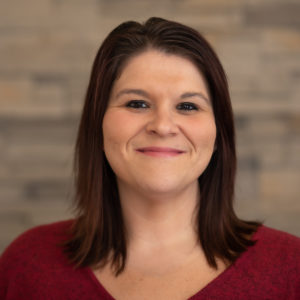Whether you’ve never been to a therapist or have previously talked with another one, the process of finding the right counselor to help you with your needs can be daunting. Your first appointment with the counselor should focus on getting to know one another and determining whether you’re a good match. There are several questions that may provide valuable insight.
Why did you become a therapist? Yes, your sessions are about you, but it’s a good idea to get to know your counselor’s motivations and personality.
Are you licensed and where were you educated? It’s important to verify that your counselor is indeed a trained professional who has earned the right credentials to help people. This question will also help you better understand the therapist’s specific qualifications. You wouldn’t go to your primary care doctor to get an EKG; similarly, you’ll want to go to therapist who is specialized in your area of need.
Do you work with people like me who have my issues and background? Many therapists specialize in particular areas of mental health. If you’re seeking help with your marriage, a counselor who works primarily with small children probably won’t be the best choice.
What approach do you use? Counselors approach their work in many different ways. Some use particular types of therapies, while others may use a more informal method. Make sure you’re comfortable with the way your therapist prefers to work.
How long do you think we’ll work together? Early on, the counselor may not know exactly how many sessions you may need, but they should be able to give you a general idea of how long the type of therapy you’ll receive generally takes.
How often will we meet? Again, counselors take different approaches, and the frequency of sessions may depend upon the nature of the help you need. In some cases, counselors will meet more frequently earlier in the relationship and then space out appointments as you both see progress. We’re opening intensives in some cases, so you can ask about those too.
Have you ever been in therapy? That may seem like an odd question, but it can be healthy for a counselor to have received counseling in the past, because it builds a better understanding of what it’s like to be on the other side of the conversation. It’s also a sign the counselor personally believes in the value of therapy.
What is your faith background? It’s okay if you and the counselor don’t have identical beliefs, but it’s good to know how their viewpoint may be informed by their faith.
Am I a good fit for you? For counseling to work well, both parties need to be comfortable with the relationship. If your counselor doesn’t think you’re a good match, they may be willing to recommend other counselors who might be a better fit for your needs.
If you’re looking for the right counselor for you or a loved one, why not start by looking through the profiles on our website? Then contact us, and we’ll do our best to match you with the right person to help you reach your goals.

Brittany Gipson is the Clinical Director who oversees the therapists at Care to Change. She is licensed and specializes in anxiety, addictions, and trauma.